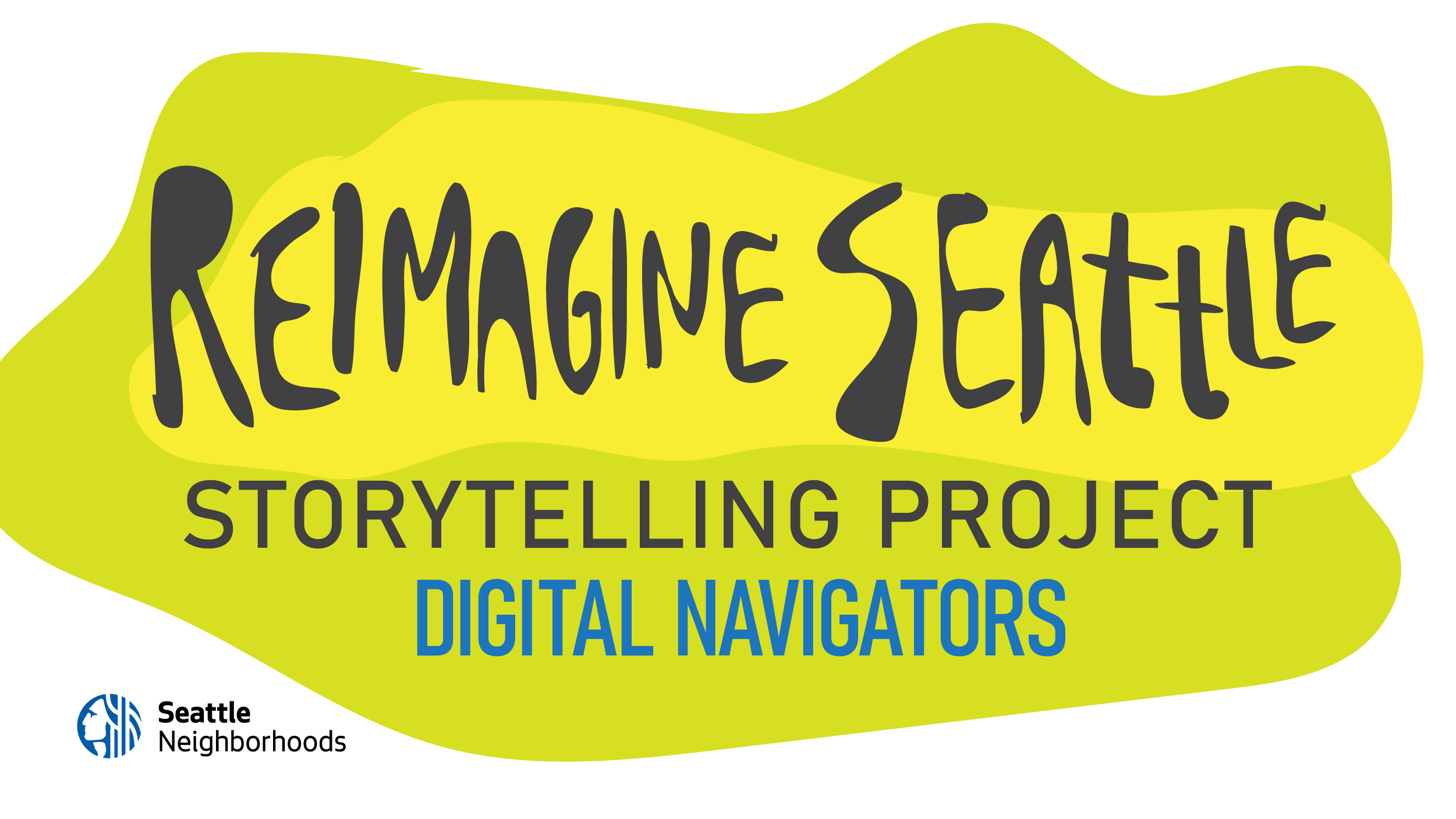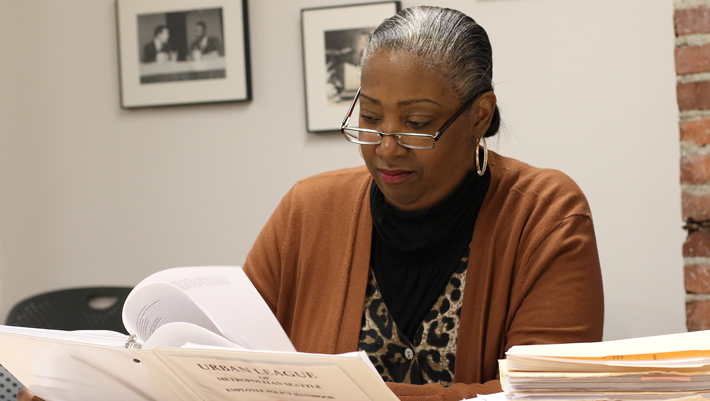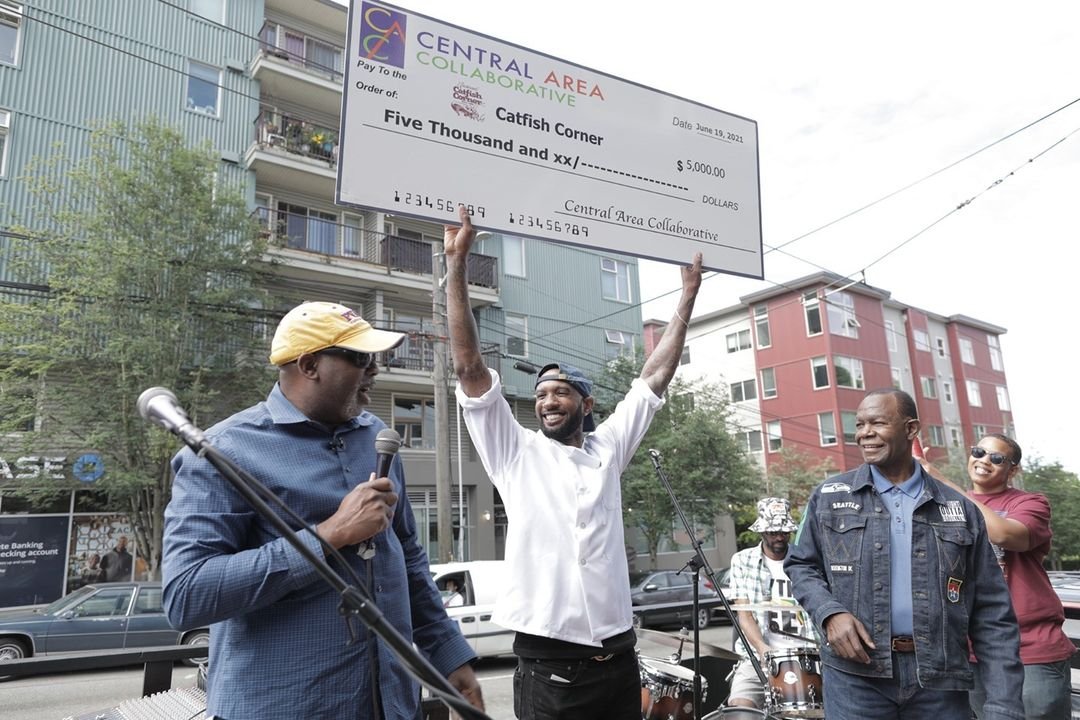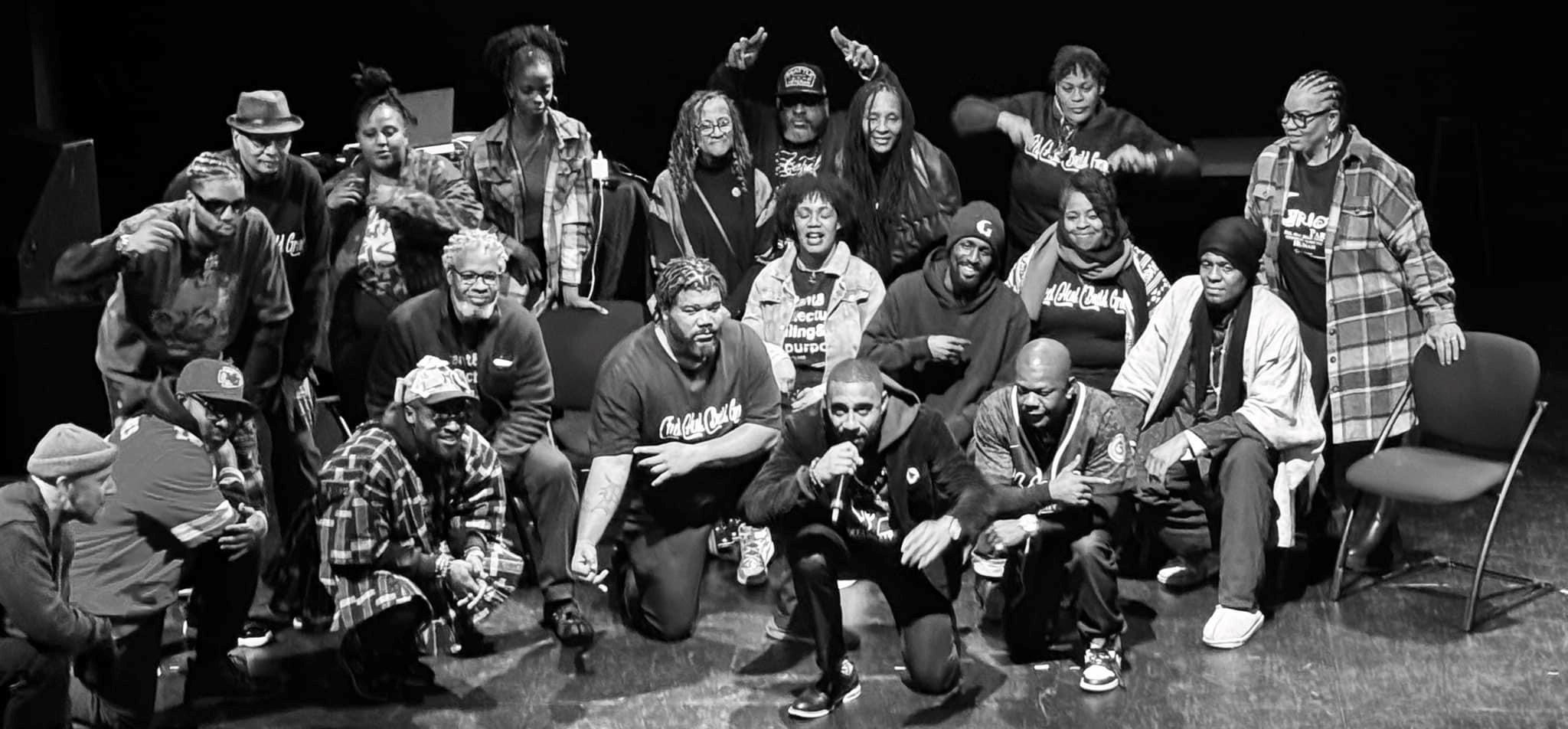
Though Seattle may seem like a highly connected city, some of our most vulnerable residents lack consistent access to computers, smart phones, and reliable internet. To amplify and understand the needs of these residents, Community Liaisons partnered with members of the City of Seattle’s Internet for All Working Group to create a series of short videos highlighting the challenges our neighbors have faced over the past year.
Amanda J. Richer has experienced homelessness herself and is familiar with many of the issues the unhoused community faces. For this project, she talked with One Health Clinic to learn the needs of their clients so she could bring those stories back to City staff.
Why did you choose to tell this particular story?
I chose to tell this particular story to highlight the issue of lack of equitable access to internet. COVID-19 laid bare many of the inequities in our society in communication and impacted individuals and organizations that serve those without access. One Health Clinic, serving unhoused youth and pets, worked quickly to try and overcome the new and growing barriers to their clients while struggling with a lack of ways to communicate.
If you could see one digital gap problem solved in the next ten years, what would it be? Dream big.
If I could see one digital gap problem solved in the next ten years it would be equitable access to technology and tools to use that technology. In today’s world, communication is many times digital. This increases drastically when faced with any situation in which people must physically distance themselves from each other. When that happens it further alienates anyone who may have been struggling with little to no tools or access to internet. To be a world where wealth is not a barrier to being a full member of a community is what I envision.
Community Liaisons are contractors to the City who help with planning and carrying out engagement with hard-to-reach populations. The program is based on the trusted advocate model and each Community Liaison is part of the community where they support the City’s efforts. For this effort, Community Liaisons worked with a UW instructor to learn the nuts and bolts of storytelling through video and took those skills out to the communities they know to hear their stories and challenges. This work is part of the Digital Navigator Cohort Project.


